Canning Beef: A Safe and Delicious Guide to Water Bath Method
Canning isn’t just a hobby; it’s a tradition passed down through generations.
I’ve been doing this since I was four, learning the ropes from my grandmother. With over 60 years of experience, I’ve faced my share of skepticism, especially when it comes to water bath canning beef. Some folks seem terrified at the mere idea, but today, I’m here to set the record straight and provide you with a delicious recipe that showcases just how effective and rewarding this method can be.
Related: Market Treasure: Homemade Guacamole in a Snap - A Budget-Friendly Delight
Why the Fear of Canning Beef?
Common Misconceptions
Many newer canners express concerns about safety, especially regarding botulism. Here’s what you need to know:
-
Botulism is Manageable: While the fear of botulism can be daunting, it’s important to understand that this bacteria can be neutralized by heating food to 120 degrees Celsius (248°F) in a pressure cooker. Additionally, boiling canned foods for just 10 minutes can eliminate the toxin.
-
Historical Context: Back in the mid-1980s, experts like Dr. Gerald D. Kuhn hesitated to endorse pressure cookers for anything beyond jams and jellies. Fast forward, and many of us have successfully canned an array of foods, including beef, without issues for decades.
-
Trust Your Experience: Just because something isn’t covered in the latest USDA manual doesn’t mean it’s unsafe. Many of us seasoned canners know what works based on years in the kitchen.
Mastering the Art of Water Bath Canning Beef
Benefits of Canning Beef
Canning beef has numerous advantages:
- Convenient Meals: Open a jar and you’re ready to whip up beef stew, chili, or tacos in minutes.
- Cost-Effective: Buy beef in bulk and preserve it for future use, saving money in the long run.
- Rich Flavor: Canned beef retains its taste, allowing you to enjoy hearty meals whenever you want.
Recipe: Water Bath Canning Beef
Let’s dive into a straightforward recipe that will have you canning beef like a pro in no time!
Related: DIY Ginger🔥 Cayenne Pepper Salve: A Natural Remedy for Pain Relief 🌿
Ingredients Needed
- 4 pounds of beef chuck or roast, cut into 1-inch cubes
- 2 tablespoons sea salt
- 1 teaspoon black pepper
- Optional spices: Garlic powder, onion powder, or herbs like thyme for extra flavor
Step-by-Step Instructions
Step 1: Prepare Your Equipment
- Sterilize Jars: Boil your canning jars and lids for about 10 minutes to sterilize them.
- Prepare the Pressure Canner: Fill your canner with enough water and bring it to a boil.
Step 2: Brown the Beef
- In a large skillet, brown the beef cubes over medium-high heat. This step enhances flavor and helps retain juices.
Step 3: Fill the Jars
- Pack the browned beef into the sterilized jars, filling them to about 1 inch from the top.
- Add salt and pepper (and any optional spices) to each jar.
Step 4: Seal and Process
-
Wipe the rims of each jar to remove any residue, ensuring a good seal.
-
Place the lids on the jars and screw on the rings until they're fingertip-tight.
-
Process the jars in the boiling water bath for 90 minutes for pints and 2 hours for quarts.
Related: How to Make Mullein Salve: A Natural Remedy for Various Skin Conditions
Step 5: Cool and Store
- Once the processing time is complete, carefully remove the jars using a jar lifter and let them cool on a clean towel.
- After cooling, check each jar to ensure it has sealed properly before storing in a cool, dark place.
Embracing water bath canning, especially for beef, can be a rewarding and satisfying process.
With years of experience behind me, I encourage you not to let fear dictate your culinary adventures. Canning beef is not only safe when done correctly; it also allows you to create delicious and convenient meals for yourself and your family. So roll up your sleeves, gather your supplies, and start canning!
FAQs
1. How long does canned beef last?
When stored correctly, canned beef can last up to a year. Always check for signs of spoilage before consumption.
2. Can I can beef without a pressure canner?
It is highly recommended to use a pressure canner for beef due to its low acidity. Water bath canning is not suitable for low-acid foods like meat.
3. What should I do if a jar doesn't seal properly?
If a jar doesn't seal, refrigerate it and use it within a few days. Alternatively, you can reprocess it if you do so quickly.
Related: DIY Plantain Salve: Nature’s Healing Magic with Butter Machine
Related: Ultimate Guide to Making Plantain Salve for Chickenpox Relief
Related: DIY Comfrey Salve: A Natural Healing Remedy
Related: The Magic of Goldenrod Salve: A Natural Toothache Remedy
- 11-Related: Unlocking the Power of Dehydrated Eggs
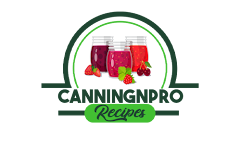





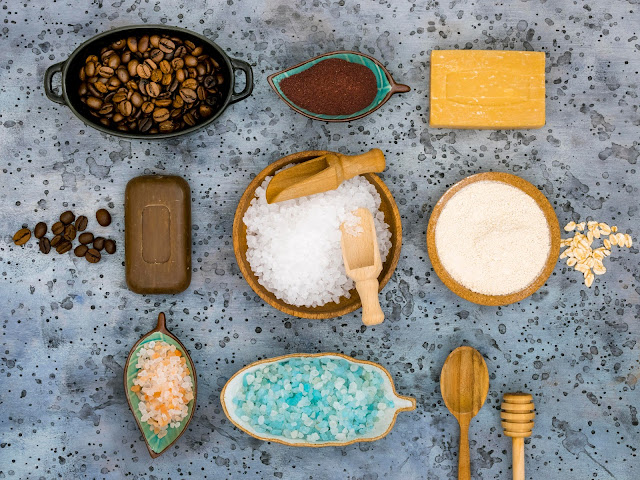

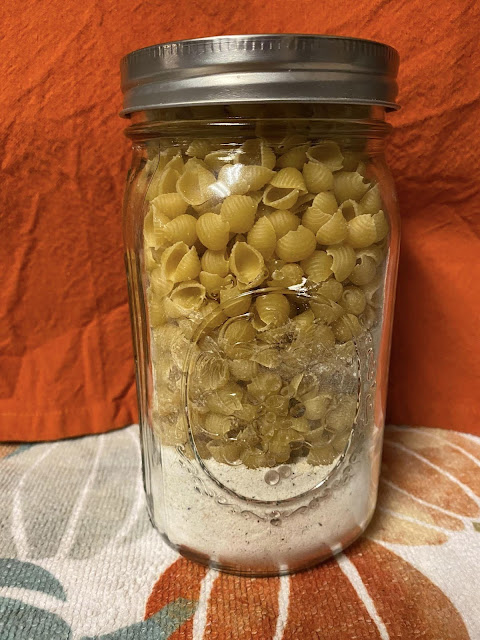




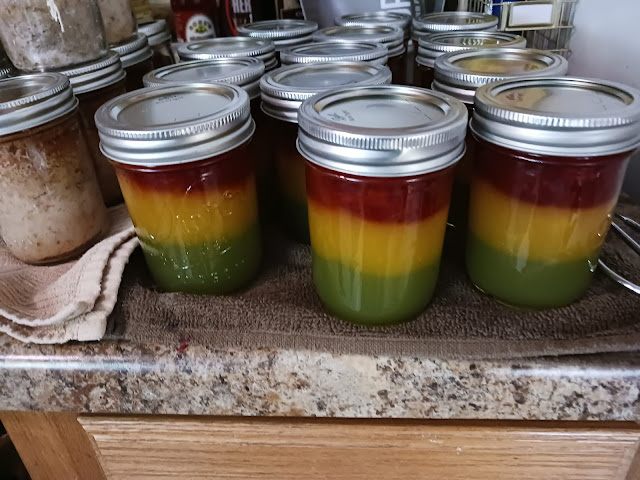

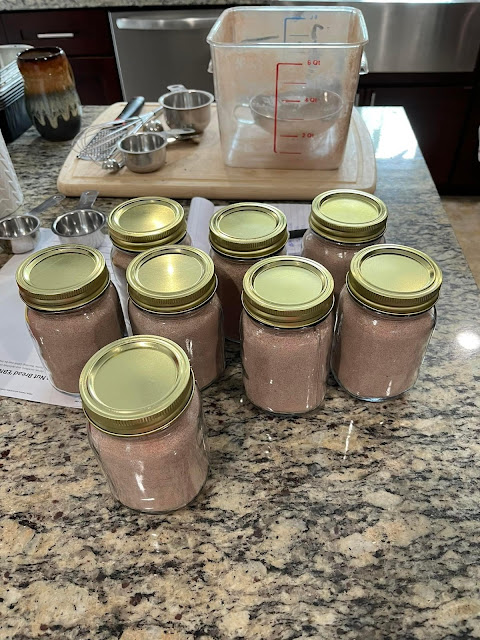
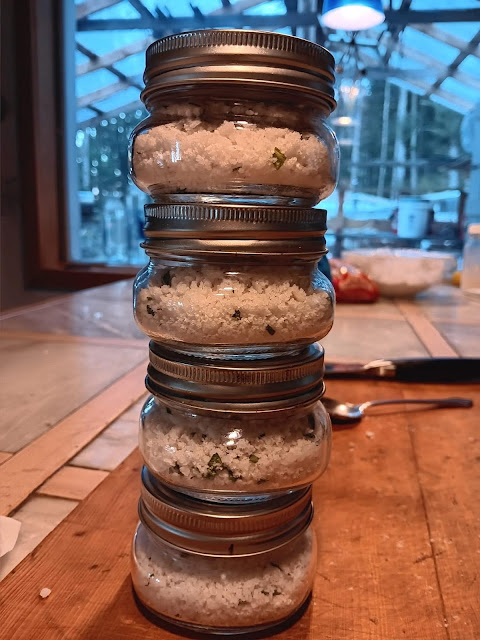
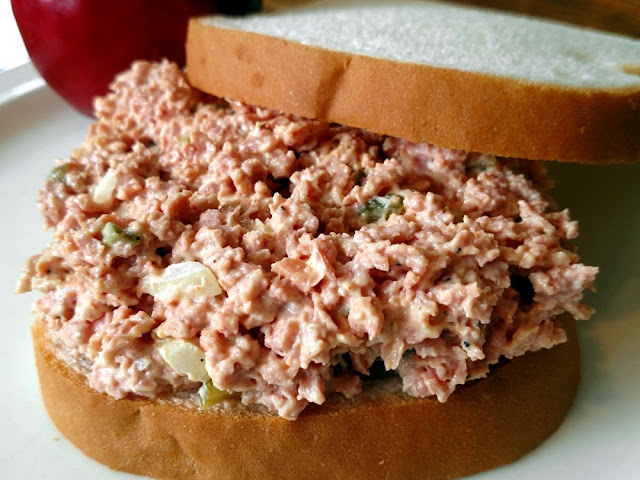

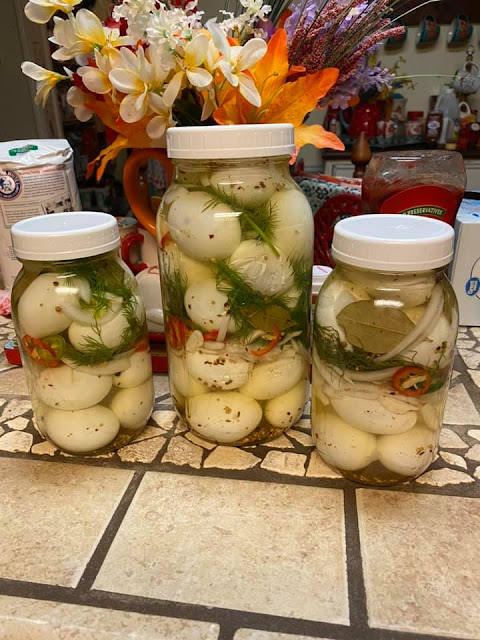

Comments